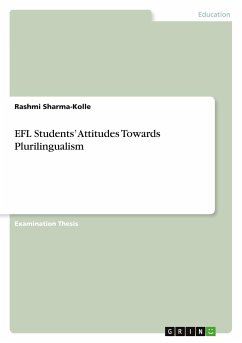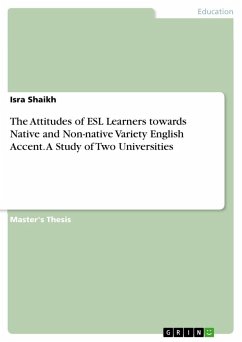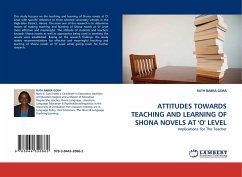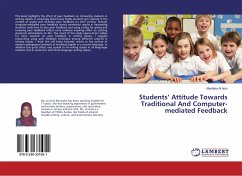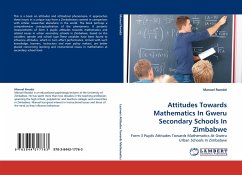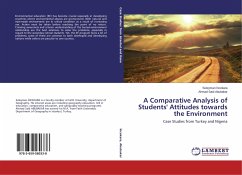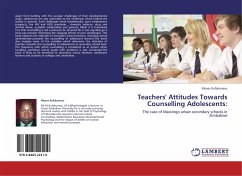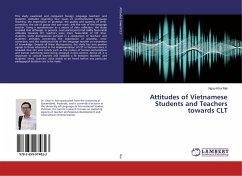Examination Thesis in the subject Didactics - English - Miscellaneous, , language: English, abstract: This paper aims to gather evidence and improve existing knowledge about the factors that influence EFL students' attitudes towards plurilingualism as well as to investigate the extent to which EFL students' attitudes towards EFL learning foster or hinder plurilingualism. An ideal way to investigate these questions would be through interviews, surveys or classroom observations. However, I believe that social science research should not be limited to primary data, especially during a pandemic when schools and children are overwhelmed by social distancing and the overuse of virtual learning. Therefore, in this paper, I examine existing empirical studies on language learning to answer the research questions. EFL stands for English as a foreign language. This term is most commonly used for students whose first language is not English and who learn English while living in their home country. The term 'monolingual' in this paper refers to those who speak the language of their nation as their mother tongue. A bilingual person is someone who can speak two languages at a high level, and a multilingual person is someone who can communicate in more than two languages at a high level. ¿L1¿ refers to one's mother tongue, and ¿L2¿ is the language learned after the first language, generally after the mother tongue. First, a brief overview of the transition of language education from monolingualism to plurilingualism is given. Then plurilingualism and attitudes are defined and discussed. After that, the traces of plurilingualism and attitude in foreign language teaching-learning practices in schools are then discussed. To this end, some empirical studies dealing with pupils' attitudes towards plurilingualism will be presented and critically examined. This is followed by a conclusion that includes the limitations of the work and suggestions for future research.
Hinweis: Dieser Artikel kann nur an eine deutsche Lieferadresse ausgeliefert werden.
Hinweis: Dieser Artikel kann nur an eine deutsche Lieferadresse ausgeliefert werden.

